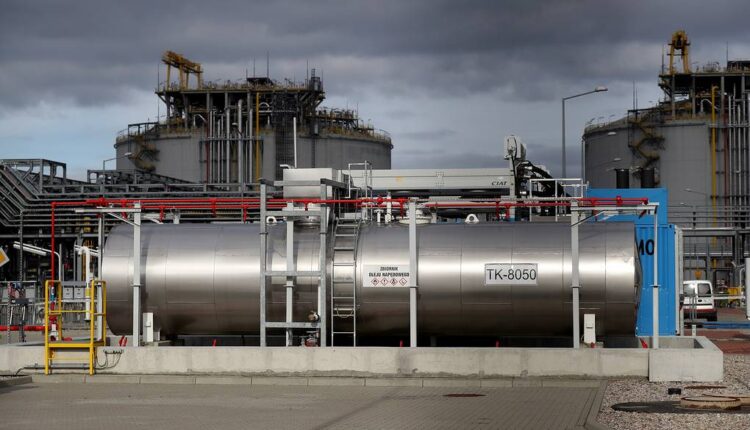The Global LNG Market Is Reacting To Higher Natural Gas Prices In Europe
Europe’s benchmark natural gas prices and supply and demand fundamentals have been reflected in the global and Asian prices of LNG in recent weeks, Rystad Energy said in a note on Wednesday.
Prices in Europe have increased in the past two weeks due to outages and maintenance at gas processing plants in Norway, which is now the single-largest supplier of gas to Europe after Russia cut off deliveries to many EU customers following the Russian invasion of Ukraine.
After weeks of falling prices amid subdued LNG demand globally and weak demand from the industry, the front-month futures at the TTF hub, the benchmark for Europe’s gas trading, have risen in recent days. As of 10:41 GMT on Wednesday, the July contract traded at $42.12 (38.57 euros) per megawatt-hour (MWh), which was much higher than the 25 euros/MWh from three weeks ago.
Issues at Norway’s Hammerfest LNG export terminal and maintenance at gas processing plants in Nyhamna and Kollsnes have been keeping gas flows capped, leading to higher spot prices. Maintenance on the Oseberg field offshore Norway is also reducing supply and contributing to higher prices.
“TTF prices appear to be in a state of flux as it continues to rebalance itself after a spate of supply shocks associated with Norwegian pipeline gas,” Rystad analysts wrote in Wednesday’s note as carried by Montel.
The recent rise in European prices has driven an increase in Asia’s spot LNG prices.
“With activity in the Asian gas market relatively uneventful, price volatility is the result of the marker tracking the TTF,” Rystad Energy said.
Warmer weather as the northern hemisphere heads into the summer should also raise gas and LNG prices with higher energy demand for cooling.
Last week, Asia’s spot LNG prices halted a weeks-long decline and soared to a three-month high, per estimates from industry sources cited by Reuters.
The spot price for delivery to North Asia in August surged by 50% last week, compared to the week prior, to $13.50 per million British thermal units (MMBtu), the highest level since the middle of March.



